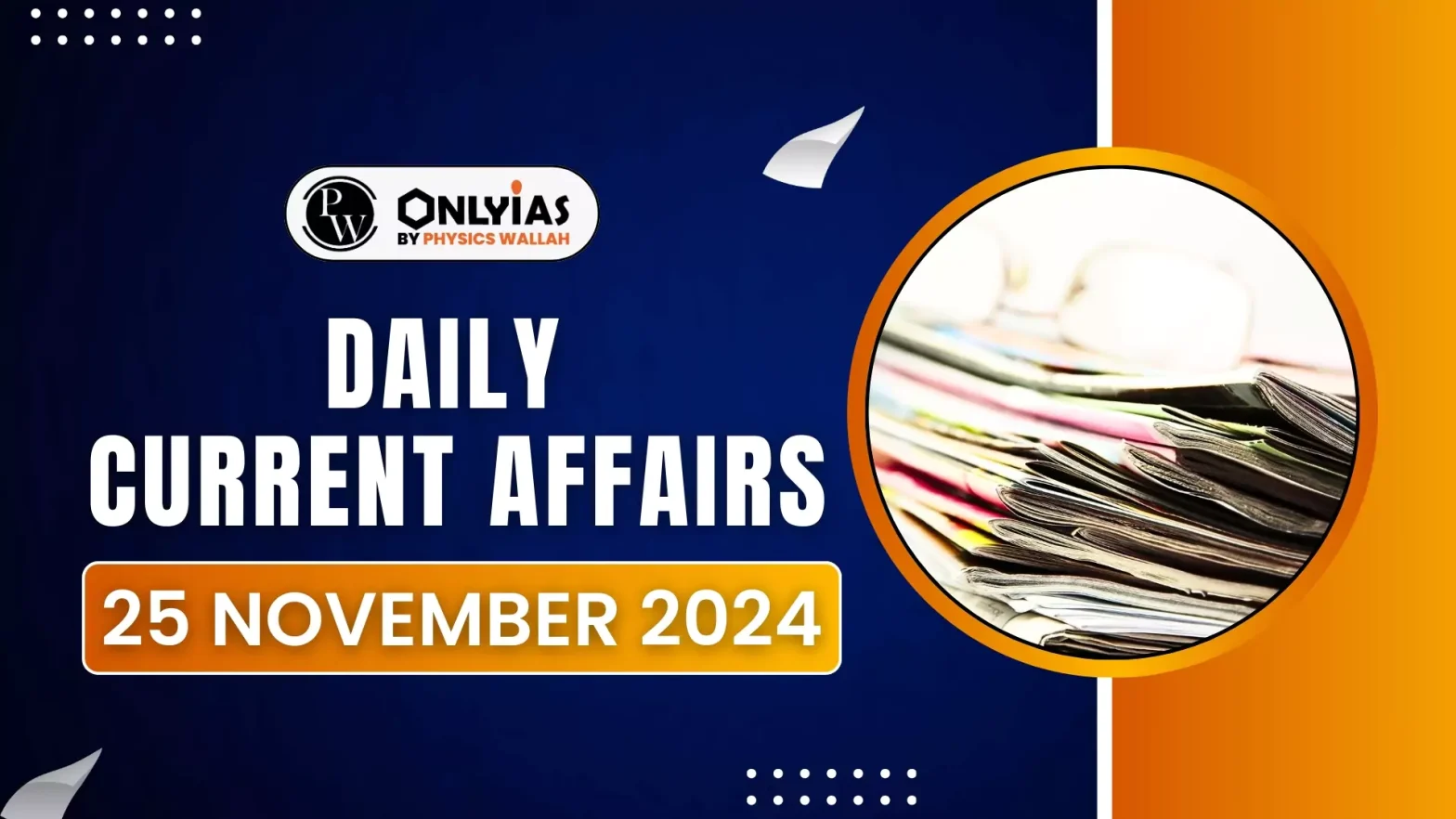Recently, a World Bank report titled Jobs at Your Doorstep: A Jobs Diagnostics for Young People in Six States was launched in New Delhi.
About ‘Jobs at Your Doorstep’
- It is a skills gap analysis that attempts to align trades offered in schools to the industry-specific needs of the districts where the schools are present.
Key Highlights of the Report
- Focus on secondary education:It identifies the benefits of embedding skill-based education from grades 9-12 to prepare students for diverse career paths relying on a bottom-up approach, going deep in districts of the six states under STARS scheme.
- Skill Gaps and Opportunities: It identifies priority sectors and roles offering the highest employment potential, emphasizing alignment between education and market needs.
- Incorporating Local Needs: A hub-and-spoke model to develop curricula tailored to region-specific skills is proposed, aiming for better industry linkage at the district level.
- The hub-and-spoke model is a strategy for delivering vocational education and training (VET) in a more efficient and accessible way.
- In this model, a few select schools are designated as “hubs” and equipped with the necessary infrastructure and resources to provide high-quality VET programs.
- These hubs then act as centers of excellence, offering training to students from their own school as well as from neighboring schools, which are designated as “spokes.”
- NEP 2020 and Skilling: The report aligns with the National Education Policy (NEP) 2020, which prioritizes embedding vocational and skill education in schools, targeting 50% student participation by 2025 and complete coverage by 2030.
- Dynamic Reforms: Recommendations include a bottom-up approach to vocational education, fostering decentralized, market-led, and sustainable skill systems.
Check Out UPSC Modules From PW Store
About STARS Scheme
- The STARS (Strengthening Teaching-Learning and Results for States) project is a Centrally Sponsored Scheme aimed at enhancing the quality and governance of school education in India.
- Approved in 2020 for five years (FY 2020-2025), it is implemented by the Department of School Education and Literacy, Ministry of Education, with financial assistance from the World Bank.
- World Bank Partnership: Provides financial and technical assistance facilitating capacity building and knowledge sharing.
- Focus Areas: Quality early education and preparing students for school-to-work transitions through vocational training.
- Integrates skill-based education into secondary schooling aligning curricula with market needs to improve employability.
- Teacher Performance and Professional Development: Strengthens teacher capacity and pedagogy by promoting performance-based evaluation systems for educators.
- Decentralized Management and Accountability: Empowers local governance systems to better manage schools by promoting autonomy and accountability at the district and school levels.
- STARS and National Education Policy (NEP) 2020: The scheme supports operationalization of NEP 2020, particularly in strengthening foundational literacy and numeracy and expanding access to skill education in schools.
- It also promotes inclusive and equitable education aligned with NEP goals.
- Alignment with Samagra Shiksha: It complements the Samagra Shiksha scheme, focusing on holistic development of school education from pre-primary to higher secondary levels.
- Target States Under STAR: The scheme is implemented in six states, Himachal Pradesh, Kerala, Madhya Pradesh, Maharashtra, Odisha, and Rajasthan
- These states have been chosen for their diversity in socio-economic profiles, enabling insights into varying challenges and solutions in education.
Expected Outcome under STARS scheme by FY 2024-25
- Improved learning outcomes across primary and secondary education.
- Enhanced teacher training systems.
- Better governance and accountability in school management.
- Increased student preparedness for diverse career pathways.
![]() 25 Nov 2024
25 Nov 2024
